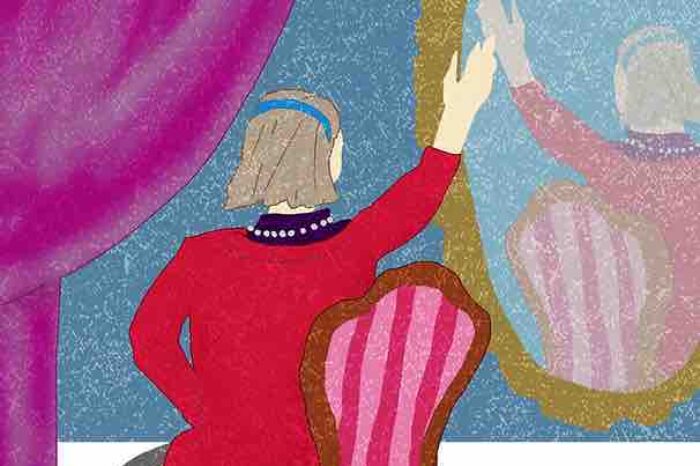NWH: 11 Sleep Tips for the Covid Age
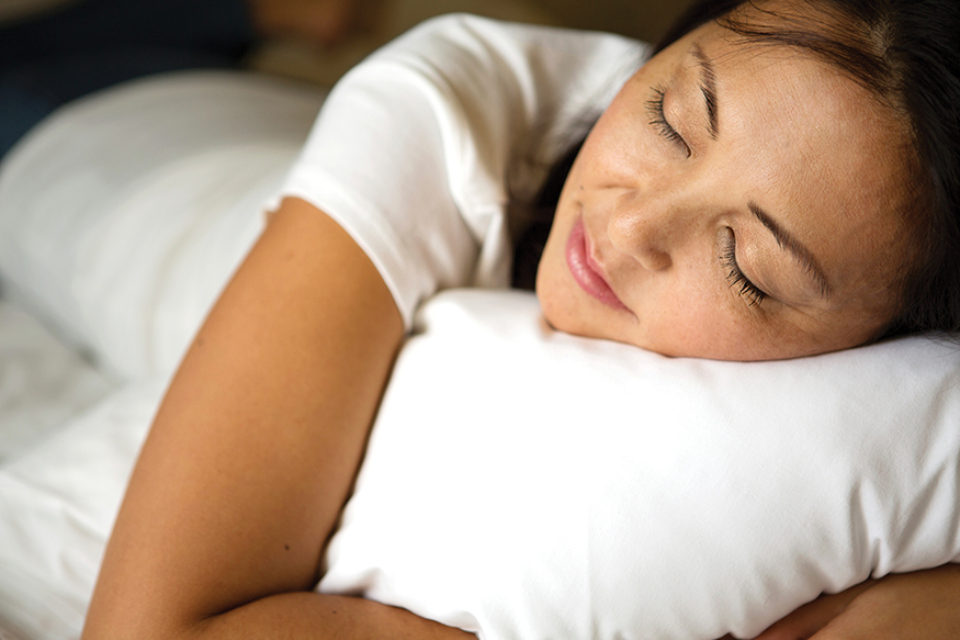
NWH: 11 Sleep Tips for the Covid Age: Irony of ironies is that I am writing this article at 4:28 in the morning because I woke up too early and can’t get back to sleep. Google “COVID sleep” and you will find endless articles tying the COVID-19 pandemic to a new wave of sleep disorders. Whether it is anxiety created by economic uncertainty or job loss, or the profound changes to daily life due to social distancing, school closures, quarantines, and working-from-home, many people are suffering from sleep disorders – including people who did not have problems sleeping before the coronavirus.
In fact, in a recent survey by SleepStandards, titled, “Sleep Habits Post Quarantine in the US (2020),” 67% of Americans said they believe their sleep was healthier before the lockdown. The ramifications of the delta in sleep disorders are new challenges to mental health. But negative changes in sleep can impact your body’s immune system and make you potentially more susceptible to the virus. There are many good articles online that offer tips on combatting insomnia but one of the best is from Dr. Praveen Rudraraju, Director of the Center for Sleep Medicine at Northern Westchester Hospital.
11 Sleep Tips for the Covid Age

Dr. Praveen Rudraraju, says that “the Coronavirus is a major stressor for many people. Past major stresses in our lifetime weren’t pandemic in nature – they were more local – and they also had an end in sight. That’s all changed with the current situation. Which is why sleep specialists are seeing unprecedented numbers of patients suffering from insomnia and other sleep disturbances who normally sleep well.”
He describes the way anxiety affects sleep in a simple to understand way. ” Throughout the day and night, your brain produces both calming “sleep” chemicals and stimulating “awake” chemicals. Depending on the time of day, the balance changes. Toward evening – triggered by various factors, including the arrival of night and darkness – a greater amount of sleep chemicals helps you fall asleep and stay asleep.”
“But when you feel anxious,” he says, “the balance of calming sleep chemicals versus stimulating awake chemicals is disrupted. Anxiety triggers the production of more stimulating chemicals than sedating chemicals.” Understanding, the way anxiety affects sleep can help you combat its effects. His 11 tips to help you restore the proper nighttime balance of sleep and awake chemicals in your brain fall into two categories that you should be able to easily identify. Namely, “(1) Doing things that promote your body’s production of naturally occurring calming chemicals; (2) Distracting yourself from your own anxiety.” Good luck putting Dr. Rudraraju’s tips into practice. And sweet dreams from WTD.
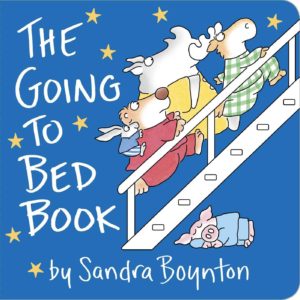 (1) Stick to a routine: “Your brain is a creature of habit. In order for it to automatically trigger sleep chemicals at the right time, that time needs to stay the same.” In other words, don’t confuse your brain’s clock! You may not have to catch an early morning train but do your best to maintain your pre-COVID wake/sleep schedule.
(1) Stick to a routine: “Your brain is a creature of habit. In order for it to automatically trigger sleep chemicals at the right time, that time needs to stay the same.” In other words, don’t confuse your brain’s clock! You may not have to catch an early morning train but do your best to maintain your pre-COVID wake/sleep schedule.
(2) Avoid watching the news before bed. (For obvious reasons.) The doctor recommends giving yourself a two or three hour window to do things that distract from anxiety.
(3) Give yourself a Caffeine Curfew: Like 2pm at the latest!
(4) Early Dinners: Eat dinner at least four hours before bedtime. Stick to tryptophan-rich foods such as turkey, nuts, citrus fruits, banana, warm milk if you snack after dinner.
(5) iPad, iPhone & Laptop Curfew: The screen light, close to your eyes, prevents the production of melatonin and other sleep-promoting chemicals. Shut down all small screens two to three hours before bedtime.
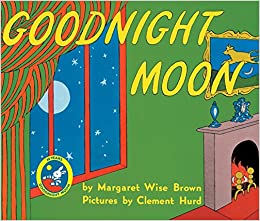 (6) Bedroom TV Ban! “Teach your brain that the bedroom is for sleep!” However, because the TV in your family room is likely a safe distance from your eyes – you can watch there.
(6) Bedroom TV Ban! “Teach your brain that the bedroom is for sleep!” However, because the TV in your family room is likely a safe distance from your eyes – you can watch there.
(7) Workout Early: The doctor recommends completing your workouts four or five hours before bedtime. Super-stressed? Try yoga or meditation to divert your focus and create “interludes of calm.”
(8) Stimulate sleep chemicals by relaxing: Try soothing spa music, soft jazz, a warm bath.
(9) Goodnight Moon Sleep Routine: A bedtime routine can train your brain that it is time for sleep. Familiar patterns help your brain produce calming chemicals to ease you into a good night’s rest
(10) Keep cool in the dark: Make your bedroom as dark and cool as possible for sleeping. Darkness triggers sleep chemicals and a low body temperature also helps with sleep. Still stressed? Consider wearing an eye mask to bed.
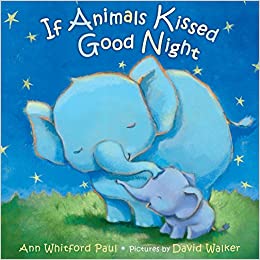 (11) Try these soothing teas: A cup of soothing chamomile tea before bed helps many people sleep. A stronger herbal remedy is valerian root, which you can take as a tea.
(11) Try these soothing teas: A cup of soothing chamomile tea before bed helps many people sleep. A stronger herbal remedy is valerian root, which you can take as a tea.
If all else fails: Check out Dr. Praveen Rudraraju’s full article for more of the science behind sleep and to find out when to consider sleep medication or to take a self assessment to see if you are a candidate for a sleep study. He also has some great tips on what to do if a child or elderly person is having sleep problems.





